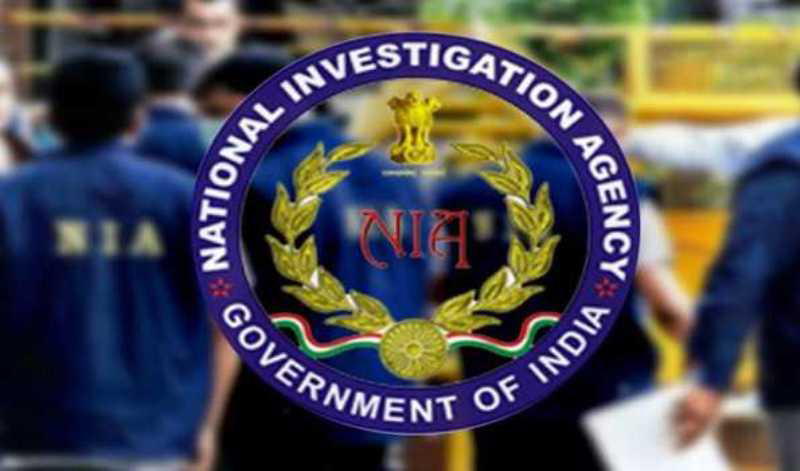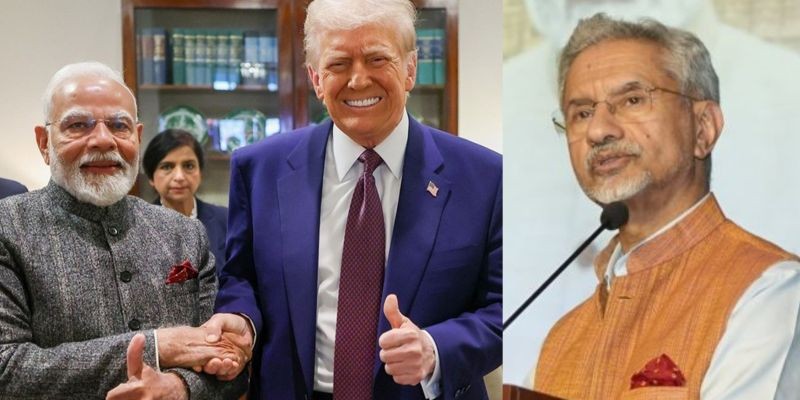Jammu and Kashmir: NIA arrests JeM operative in terror conspiracy case

Srinagar: The National Investigation Agency (NIA) on Sunday arrested a Jasih-e-Mohammad (JeM) operative for his involvement in the terror conspiracy case in Jammu and Kashmir.
“The arrest comes as part of the crackdown by NIA against the conspiracies being hatched by proscribed terrorist organizations based across the border to destabilise India through terrorist attacks in J&K,” an NIA statement said.
The accused, identified as Mohammad Ubaid Malik of Kupwara district, was in constant touch with a Pakistan-based JeM Commander, according to NIA investigations in the case.
“Investigations have revealed that the accused was passing on secret information, especially regarding the movement of troops and security forces, to the Pak-based Commander,” it said.
NIA also recovered incriminating documents from the accused showing his involvement in the furtherance of terror activities in J&K.
The case (RC -05/2022/NIA/JMU) was registered by the NIA suo-moto on June 21, 2022. It is related to the conspiracies hatched by cadres and Over Ground Workers (OGWs) of various proscribed terrorist organisations in cohorts with their Commanders based in Pakistan.
It involves the collection and distribution of huge consignments of narcotics, cash, weapons, and Improvised Explosive Devices (IEDs), including remote control-operated sticky bombs and magnetic bombs.
“The IEDs and explosives are often being delivered over drones and are also being assembled locally, in order to execute terrorist attacks in J&K, as per the NIA investigations. The attacks are mainly targeted at the minorities and security forces personnel,” the statement said.
The conspiracies are being hatched both physically and in cyberspace over encrypted social media applications, with the overarching aim of disturbing peace and communal harmony, engaging in terrorist acts, and waging a war against the Government of India.
Further investigations in the case are continuing, the statement added.
(With UNI inputs)




